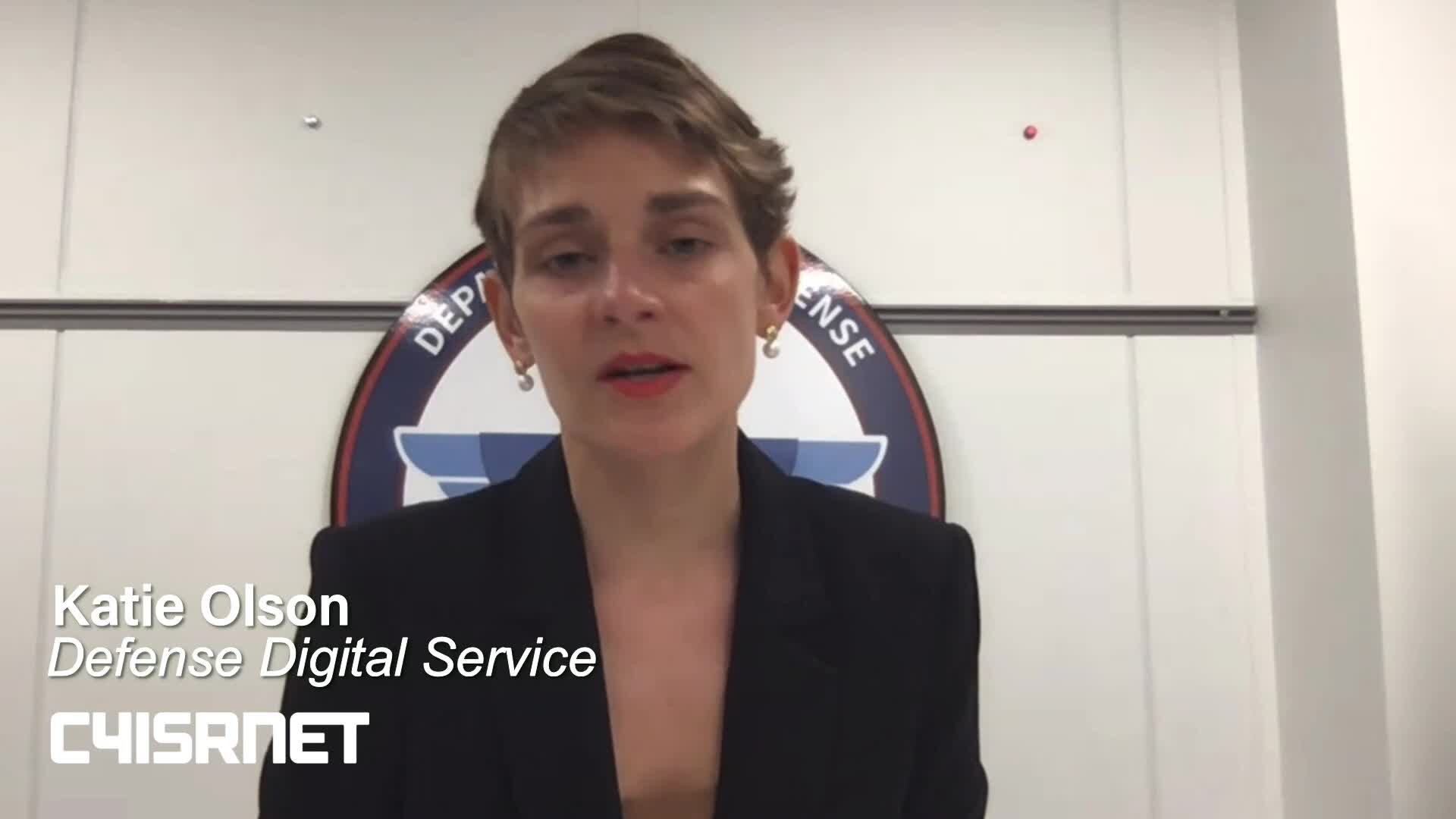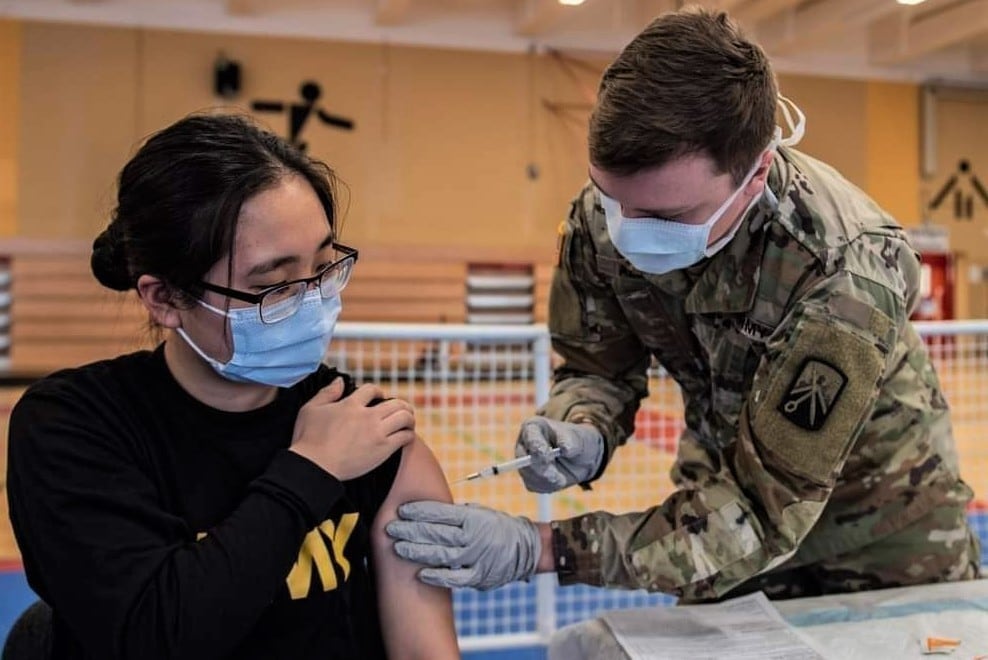The Air Force has updated its guidelines to allow employees to continue working outside of an office, whether periodically or permanently, as vaccinated Americans begin returning to their jobs in person.
Much of the military cannot work from home, of course. Most aircraft won’t fit in a maintainer’s garage, for example. Still, the Air Force expects that a large portion of its workforce would opt to stay out of the office for more flexibility, even as the coronavirus pandemic subsides in the U.S.
The service plans to review its telework efforts of the past 15 months, which it scrambled to implement across badly outdated IT systems as the pandemic swept around the world.
“The Department of the Air Force is using lessons learned about teleworking and remote work during the pandemic as an opportunity to grow,” said John Fedrigo, acting assistant secretary of the Air Force for manpower and reserve affairs, in a Tuesday release. “The pandemic has shown we can be successful using telework in many areas of our mission, and it helps to bridge our current force structure to the force we need for the future.”
RELATED

Squadron commanders or civilian supervisors will decide whether someone is eligible to telework or work remotely, the Air Force said. Those approved to telework will retain the ability to go into an office as needed, while those approved for remote work won’t be required to report into their regular workplace.
People with desk jobs, such as parts of the acquisition workforce or budget managers, are best suited for that approach.
The new guidance, dated May 14, urges the Air Force and Space Force to treat workers the same regardless of where they are, and to judge employee performance based on whether they contribute and reach their goals, not on being physically present. Activities that are good candidates for telework include online training, holding virtual meetings and conference calls, reading reports and studies, writing memos, and more, the document says.
Last fall, then-Vice Chief of Staff Gen. Stephen “Seve” Wilson said he thought about one-third of the Air Force’s nearly 700,000 employees could permanently work from afar using tools like Microsoft Teams and Office 365.
“They may show up to work in a work environment once a day, once a week type of thing, but … because we’ve got everything connected, because we’ve got this workforce that can now work from wherever they are, whenever they want, it’s changed the paradigm on how we’re going to do work,” Wilson said.
RELATED

The Air Force hopes that offering more flexible work policies will help recruit and retain talented employees across the country who would otherwise be unavailable or would leave the service. It can also cut down on relocation costs and boost an employee’s work-life balance and morale.
Employees who work remotely will receive a housing allowance and other entitlements based on where they live, not where their unit is based. Bosses should ensure their personnel have the equipment and supplies they need to work from home, but employees will foot the bill for costs like fixing their personal printer.
Still, the service warned, “telework is not an entitlement,” and successfully working from home during the pandemic doesn’t mean continuing to do so is in the military’s best interest.
“Although not everyone will be a candidate for tele and remote work, allowing this flexibility to those who are makes it easier to serve,” said Lt. Gen. Brian Kelly, Air Force deputy chief of staff for manpower, personnel and services.
Rachel Cohen is the editor of Air Force Times. She joined the publication as its senior reporter in March 2021. Her work has appeared in the Washington Post, the Frederick News-Post (Md.), Air and Space Forces Magazine, Inside Defense, Inside Health Policy and elsewhere.





